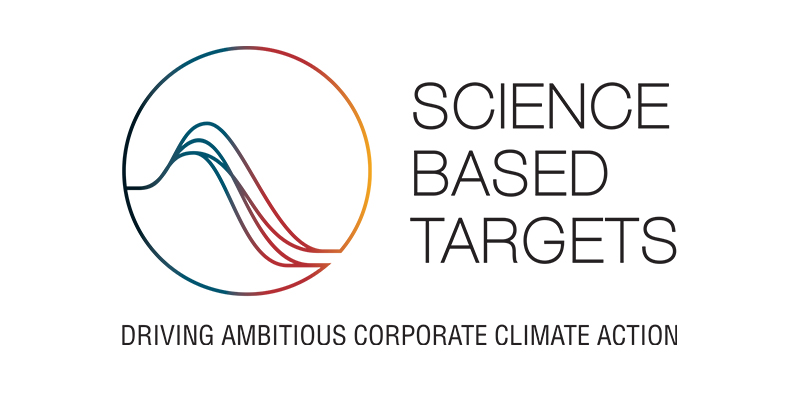How setting ambitious Science-Based targets helps safeguard people and our planet
Most of us want to know how we can do the right thing for our loved ones, society and the planet. Sustainability, as a discipline, addresses this by developing solutions that enhance the economy and support the long-term well-being of both people and planet. I started a career in sustainability to help develop solutions that make the world a better place.
According to the World Economic Forum 2020 Global Risk Report1 , the biggest long-term global risk is climate change and its effects, such as extreme weather, biodiversity loss and natural disasters. When the report was published earlier this year, however, the risk from infectious disease was considered relatively minor. While this assessment now seems out-of-step given the unprecedented coronavirus pandemic, climate change is still a timely and important global challenge. Similar to our approach to planning for a safer way of life following coronavirus, addressing the looming crisis of climate change requires a significant long-term shift across industries and behaviors. In fact, many of these shifts can help with both issues, including promoting low-carbon active travel, greenspaces and more local living.
Science-based targets (SBTs) provide companies with a key roadmap to tackle climate change by specifying how much and how quickly they need to reduce their greenhouse gas emissions. SBTs are greenhouse gas (GHG) emission reduction targets that are ambitious enough to avoid the worst effects of climate change. Based on climate science, they are the best way a company can know it is doing what is necessary to tackle climate change over the long term. SBTs must be regularly updated in line with the latest research, and the most comprehensive way any company can do this is by going through the process laid out by the Science Based Target initiative (SBTi). The SBTi is a collaboration between a variety of organizations that defines best practices, provides tools and independently assesses targets, among other things. As someone responsible for AECOM’s sustainability internally, it gives me confidence to be tied to such a robust framework in the long term.

AECOM is the first U.S.-based company in the engineering and construction sector to set officially validated SBTs through the SBTi. The year-long process followed the early achievement of our previous targets and required significant expertise and input from our operational teams and our global SBT Technical Working Group, all of whom work on GHG emission reduction for clients. At the end of the process we received official validation for two targets:
- 20 percent reduction in operational GHG emissions (fleet vehicles and office energy) by 2025, compared with 2018
- 10 percent reduction in supply chain GHG emissions by 2025, compared with 2018
At AECOM, we believe it is important to demonstrate our own efforts to tackle climate change as we advise clients looking to create their own innovative sustainable solutions. Having SBTs is only the first stage of the route map and there is still much further to go. This includes our plans to meet our targets including making sure our vehicles are running properly and exploring greener alternatives, right-sizing and increasing efficiency in our real estate portfolio, as well as working closely with our significant suppliers. The key for me is that SBTs are a useful motivator for action and a vital start to our journey which can help us answer that fundamental question: “How do I do the right thing?”
You can learn more about our sustainability efforts and get support with your sustainability goals by visiting www.aecom.com/about-aecom/sustainability/.
1The Global Risks Report 2020, World Economic Forum. Available at: http://www3.weforum.org/docs/WEF_Global_Risk_Report_2020.pdf






